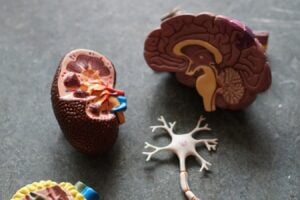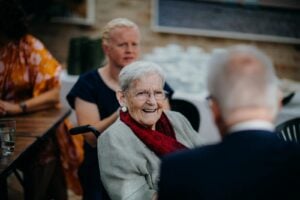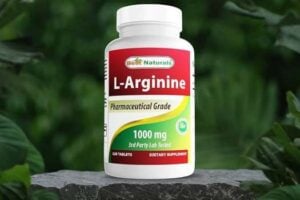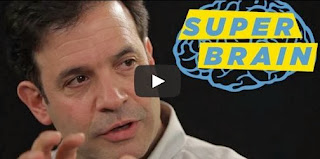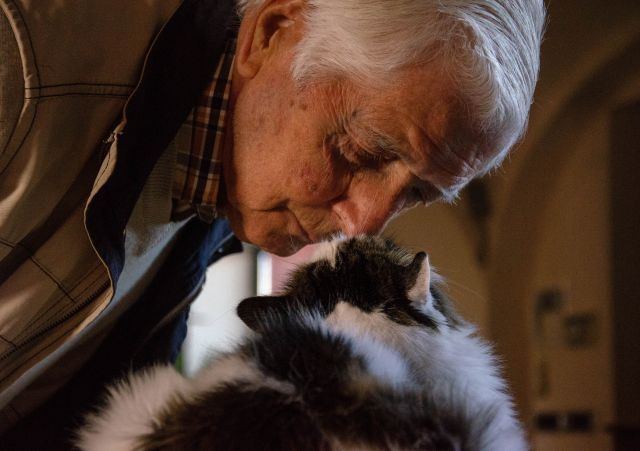What Recent Studies Tell Us
Researchers from Florida Atlantic University emphasize that while aging remains the biggest risk factor for dementia, cognitive decline isn’t inevitable. They argue that up to 45% of dementia risk may be linked to modifiable lifestyle and environmental factors, not just age.
Trials like POINTER (in the U.S.) and FINGER (in Finland) show that structured, multi-domain lifestyle interventions can lead to meaningful improvements in cognition—especially in memory, attention, planning, and decision-making.
The 3 E’s: Key Habits That Protect the Brain
Here are some of the habits the research highlights:
- Exercise — Regular physical activity keeps blood flowing, lowers inflammation, supports brain growth via factors like BDNF (brain-derived neurotrophic factor).
- Eating Healthy — Diets like Mediterranean or DASH (Dietary Approaches to Stop Hypertension) help by reducing oxidative stress and improving cardiovascular and metabolic health.
- Engagement — staying socially engaged and active, engaging and stimulating the mind, keeping connected—all support neuroplasticity and mental resilience.
Beyond the 3 E’s: Managing Risk Factors
There’s also more you can do. The following risk factors have been shown conclusively to defend against dementia:
- Controlling hypertension,
- Maintaining healthy weight,
- Avoiding smoking,
- Managing diabetes,
- Treating depression.
Each of these contributes to lowering dementia risk.
Why It Matters Now
Defending against dementia matters now more than ever. One reason is that the number of people with dementia is rising sharply. For example, in the U.S., Alzheimer’s disease is projected to go from 7.2 million people over 65 today to nearly 13.8 million by 2060.
In addition, many pharmacological treatments are expensive, new, or have limited effectiveness. Lifestyle changes are generally low risk, cost effective, and accessible.
Perhaps most significantly, such changes not only help individuals; they also reduce the burden on families, caregivers, and healthcare systems.
Takeaway & How You Can Act
- Start small: pick one habit—maybe more physical movement or adding more vegetables—and build from there.
- Combine habits: diet + exercise + engagement seem to give stronger protective effects together.
- Support matters: group or guided interventions (e.g. community programs, professional guidance) are more effective.
- Share what you learn with your family or caregiving network—it helps if everyone participates or understands.


